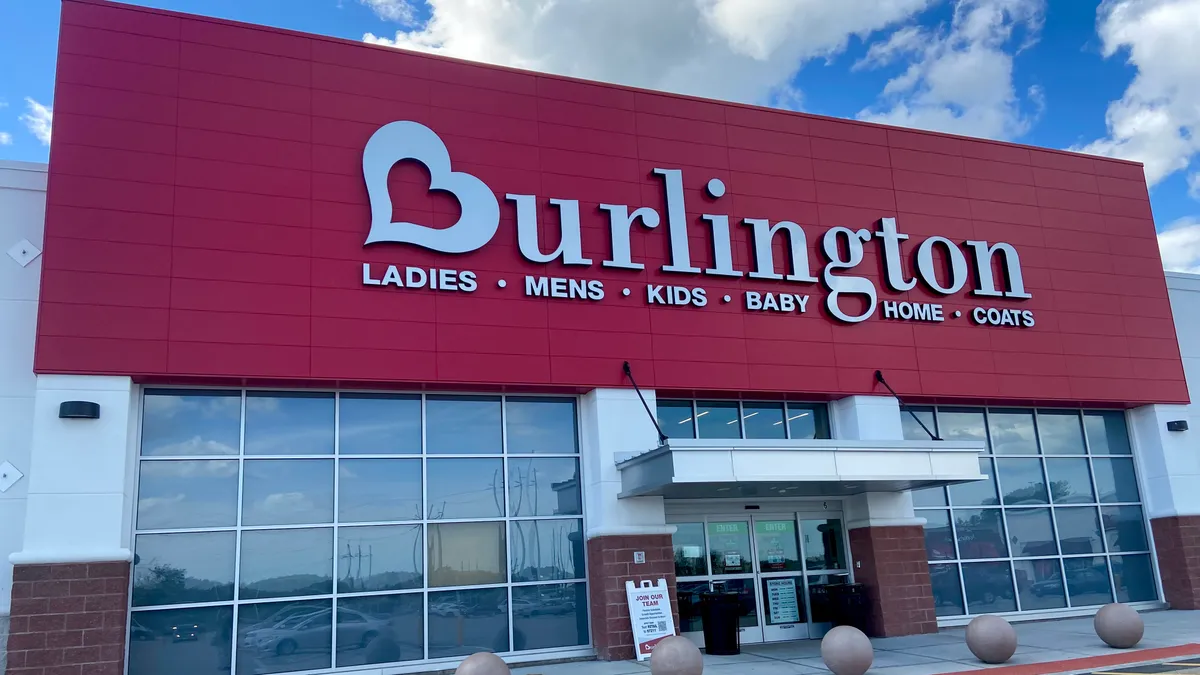The tariffs that have been the centerpiece of U.S. trade policy all year are raising costs for retailers, sending even off-price giants TJX, Ross and Burlington scrambling to maintain their differentiation.
The new duties present a conundrum for the industry. Inflation has settled down, but tariffs are driving up prices on many products. That makes it difficult for retailers to pass on the elevated import costs by increasing prices. And it’s even more complicated for retailers promising good deals.
“As a business, we need to deal with economic reality,” Burlington CEO Michael O'Sullivan told analysts on Thursday. “But as a retailer that is focused on delivering value, we also need to tread very, very carefully.”
Even low-price leaders like Walmart have resorted to increases, and that is a silver lining for off-pricers.
“Our strategy is to offer significantly lower prices than traditional retailers,” O'Sullivan said. “If those retailers raise prices, then this could provide some relief for us. It could potentially drive additional traffic to our stores or it could take some pressure off our own retails.”
“The cost pressure from tariffs is real.”

Michael O'Sullivan
CEO, Burlington
Still, a high level of vigilance is required, the executives of these retailers say. On an earnings call last month, TJX CEO Ernie Herrman described an intricate “deal-by-deal, SKU-by-SKU, brand-by-brand situation.”
“One of the strengths of our buying teams is they are aggressively comp shopping all of the competition, whether it's online, brick-and-mortar, vertical brands, department stores, specialty stores,” he said. “And so I give them a lot of credit ... We've been navigating in the tariff environment by just staying simple and pure to that model.”
Ross CEO James Conroy similarly told analysts around the same time that the retailer will “continue to maintain the price umbrella against mainstream retail.”
“We're just hyper-conscious of what's going on in the broader retail landscape now,” he said. “We're taking somewhat of a longer-term view, that we want to impress a customer that comes in looking to buy something and have them feel like we're still delivering the bargains that they've become accustomed to. And as we see prices start to move, we'll start to move as well.”
That’s likely to happen in coming weeks, which will lead “consumers to seek more value this fall season,” he also said.
Raising prices, even for off price, is part of the playbook in the tariff era, executives said.
“The cost pressure from tariffs is real,” O'Sullivan said, adding that Q2 earnings were dependent on aggressive moves to mitigate them, including raising prices. So far, retail price increases have been “quite selective and quite restrained,” but that could easily change in the final months of the year, which could be a problem for the Burlington shopper, he said.
“We know that our customer is very, very price sensitive. We saw what happened with their discretionary spending levels when the cost of living increased in 2022. It was not good for us,” he said. “So the prospect of higher inflation, especially if it spreads to nondiscretionary categories like groceries, makes us very nervous. And it's another reason to be cautious on the rest of the year.”














